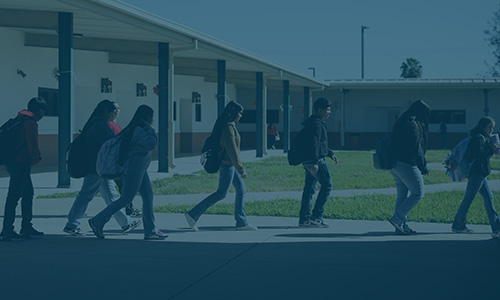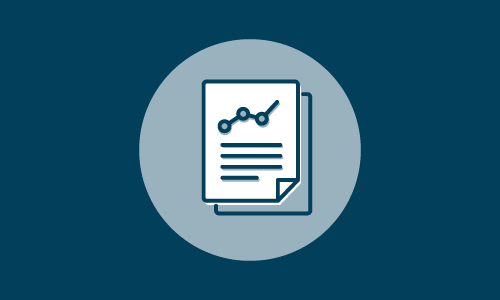Journal article
The achievement gap or the engagement gap? Investigating the sensitivity of gaps estimates to test motivation
2018

Abstract
Achievement gaps are a metric of fundamental importance to U.S. practice and policy. Gap estimates are often used to measure the effectiveness and fairness of the education system at a given point in time, over the course of decades, and as children progress through school. Further, gaps can provide insight into broader societal issues that stem from education. Gaps between male and female students are often used in research on why women participate less in quantitative college majors, enter related fields, and have lower earnings, on average, than men. Black-White gaps, meanwhile, shed light on societal progress in addressing longstanding inequities related to socioeconomic disparity, segregation, and discrimination. Given how much we use gaps data, having estimates that are accurate and unbiased is necessary to making sure appropriate conclusions are being drawn about education and societal issues broadly.
See MoreThis article was published outside of NWEA. The full text can be found at the link above.







